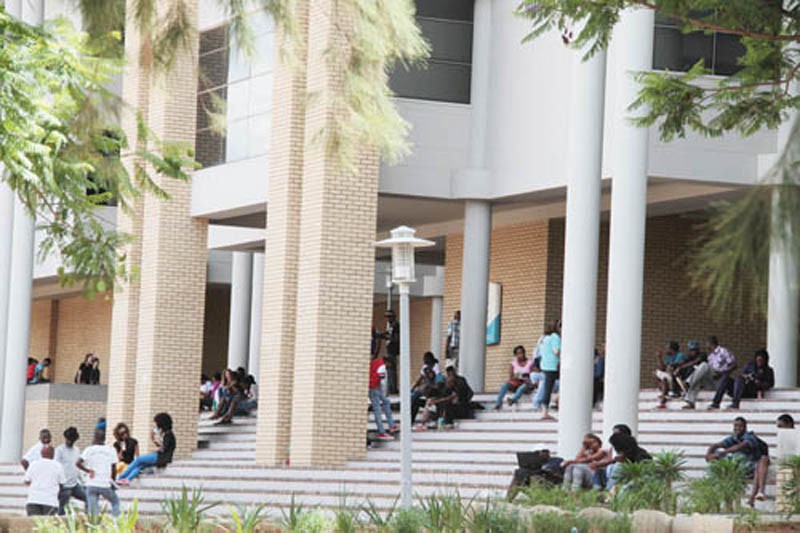Reading for a Masters� degree at UB can be hell on Earth
Correspondent | Friday March 27, 2015 14:34


For starters, the UB came up with a very welcome development of offering Masters’ degrees on part time basis for those of us who could not attend full time. This was a welcome development in that, apart from offering study opportunities for those who find themselves engaged at different work environments during working hours, it offered a lifetime opportunity for those who could not endure the painful waiting in the long training plan queues kept by most employers. Consequently, it will be a horrible mistake not to thank UB for this gesture.
However, this good intentioned gesture has turned into a nightmare as a result of inept UB lecturers and outrageous academic regulations. According to the UB’s school of graduate studies regulations, a Masters’ degree pursued on part time basis should be completed within 6 semesters (3 academic years).
This has proven to be a pie in the sky for most students. The only group of students able to complete their programmes within the stipulated times are expatriate students who are often given preferential treatment over their local counterparts. Moreover, expatriate students often get their shoddy dissertations accepted by expatriate lecturers who are leading in making local students sweat blood in their attempt to meet the academic requirements for the award of the Masters’ degree. For those whose’ study programmes entails carrying out supervised research or dissertation, the supervisors have proved themselves beyond any reasonable doubt to be a menace.
One is left wondering whether these supervisors are paid for supervising students or they are doing it voluntarily. If they are paid, then taxpayers’ money is going to waste as there is no supervision of students’ work being done by the lecturers. On average a hard working local students will only get the masters’ degree after eight semesters or four academic years.
For those who are a bit slow, they can only dream of acquiring the degree after 10-12 semesters (5-6 Academic years). One might blame the students for their slow progress, but if you have been there before you will know that your work rate is not an issue or whether you complete on time or not. The key to the successful completion of the programme within time is with the absent supervisors.
It is also important to mention that most of the lecturers assigned to supervise students dissertations are very biased and narrow minded in that they impose their views on the students. For example, if a student decides to analyse data with a package that the supervisor is not well read on such a student will be forced into using an outdated package that the supervisor claims to be familiar with.
Furthermore, if a student gets lucky and submits their dissertation for moderation, such a student will have to endure a further period of 4-6 months before they can get a verdict on their work. Reports from both the internal and external examiners also leaves a lot to be desired.
The External Examiner’s report will be precise and to the point while the Internal Examiner will write the whole booklet and in some extreme cases recommend that the student start the dissertation afresh. This shows that there are no set standards for judging students’ work.
It has emerged during proposals presentations that lecturers often use students to settle old scores. If a lecturer feels that one of their colleagues once offended them, they will make sure that they punish the student being supervised by the offending colleague. During this settling of scores students find themselves at the receiving end. The most affected faculties are those of Humanities and Education. In the Humanities faculty, the department of Library and Information Studies is the main culprit. Tax payers money has gone to waste in the Education faculty where many Colleges of Education lecturers were sent to UB to acquire Masters Degrees but they went back to work empty handed. I would like to challenge the UB management to investigate the school of graduate studies and all departments offering masters’ degrees so that it appreciates the predicament that students often find themselves in. It will be very informative for the management to find out: number of students who have failed to complete their programmes of study, number of students who dropped out of their programmes after completing course work (left with dissertation only), reasons for such withdrawals and finally the supervisors’ contributions in all the non completions. Having studied at UB for the undergraduate degree, it is very disheartening to see this once good university turning into one of the worst universities in the world. Competition from other institutions coming up in the country should also serve as a motivating factor for the UB management to investigate these maladies that might drive away potential students.
*George Junk is not the author’s
real name
